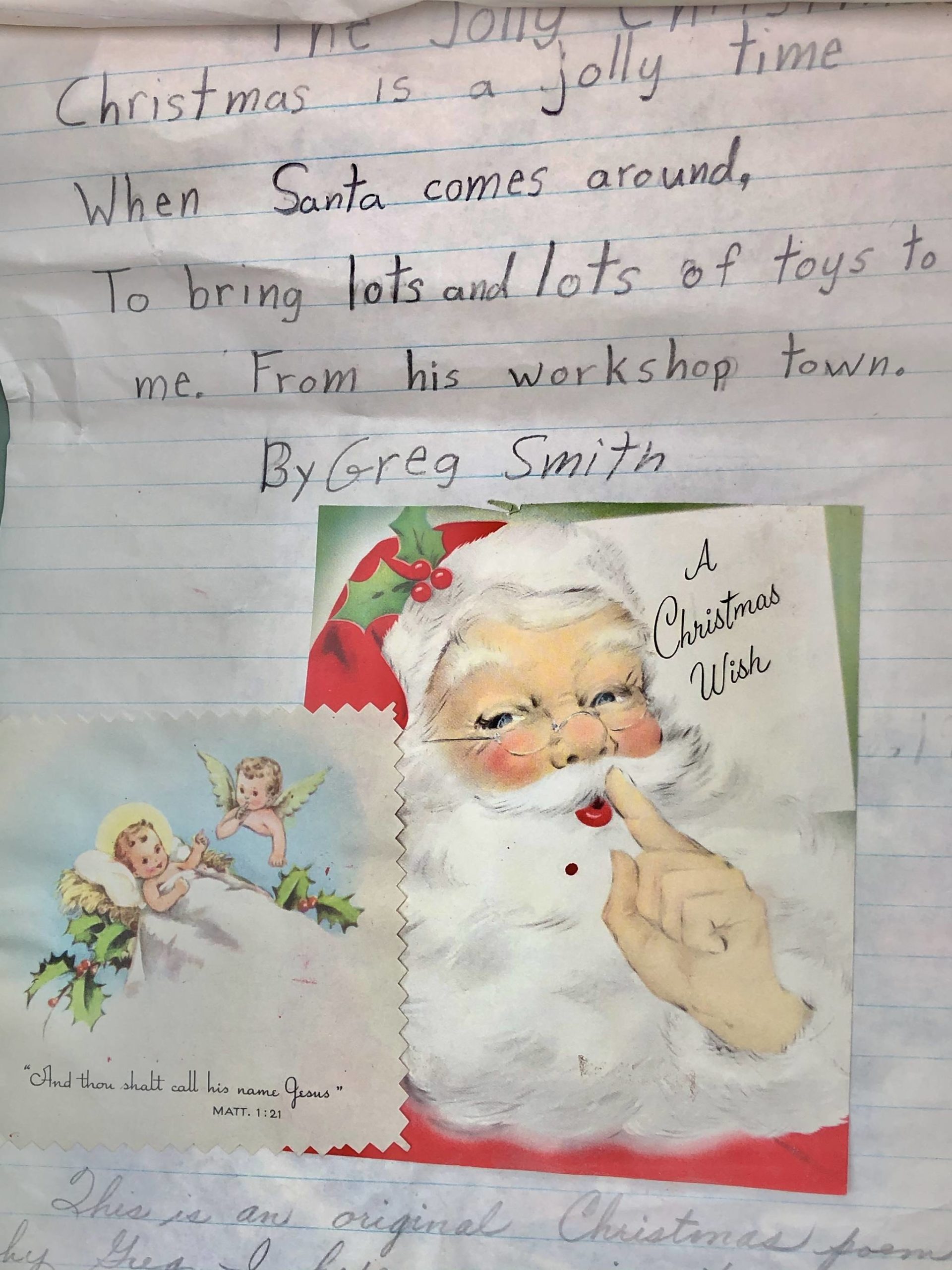April is National Poetry Month. It was established 25 years ago this month by the Academy of American Poets. Having observed the success of Black History Month each February and Women’s History Month in March, the group opted to create a month dedicated to poets and their work in hopes of increasing the public’s awareness and appreciation of poetry.
My mom and dad’s generation studied poems in school as part of their exposure to the classics. Poems like “I Wandered Lonely as a Cloud,” “Invictus,” “Thanatopsis,” “The Road Not Taken,” and “Jabberwocky” stretched their minds and capacity for memorization. Sadly, today’s curriculums don’t introduce our kids to such a treasure trove of verse.
However, given the recent popularity of rap music and spoken-word poetry, both appreciation and awareness of verbal artistry has been on the increase. Twenty-three-year-old Amanda Gorman’s poem “The Hill We Climb” gave poetry a major plug at President Joe Biden’s inauguration a couple months ago.
Seven years before April was designated “the rhyming month” in 1996, a Robin Williams movie captured the heart of our nation. “Dead Poets Society” celebrated the time-honored role poetry has played in our culture. In that memorable classroom speech by Mr. Keating (Williams’ character in the film), we were reminded that poetry and the arts are “what we stay alive for.”
While many poignant poems are not dependent on rhyming meters, that is not true for all. One of my favorite poems of all time was written by eight-year-old Fanny Crosby in 1828. The rhyme is not all that remarkable, but the meaning conveyed in the poem certainly is. Fanny was permanently blinded by an inept doctor’s treatment for an eye infection when she was six weeks of age. Her simple verse exhibited maturity beyond her years as she celebrated acceptance of misfortune rather than harboring resentment. She wrote:
Oh, what a happy soul I am, although I cannot see!
I am resolved that in this world contented I will be.
How many blessings I enjoy that other people don’t,
to weep and sigh because I’m blind I cannot, and I won’t!
That was the first of more than 8,000 poems that Fanny Crosby wrote in a lifetime that spanned 95 years. Many of her lyrics were set to music and published in hymnals throughout the world.
Speaking of poetry penned by 8-year-olds, while cleaning out my parents’ home last fall, I made an interesting discovery. Buried in an old chest of drawers was a file of my elementary school work my mother had saved. To my amazement, I uncovered the first poem I ever wrote. I had no idea the original still existed. I was over the moon. It was a Christmas rhyme written in second grade and dedicated to my dad.
I’ve written hundreds of poems since I was eight years old (including four published volumes of poetry). But for some reason I’ve always remembered the first one. Maybe it was the joy I felt inside being able to express a thought with the additional element of rhyming words. Lines that rhyme are like musical chords that resolve. There’s a sense of rightness.
But here’s the curious thing. In sixty years of writing poetry, when faced with tragic circumstances or attempting to comfort victims of despair, poetry that doesn’t rhyme seems more appropriate. Perhaps “blank verse” (as non-rhyming poetry is called) inherently speaks to a reality we all have come to realize in the past year: Life doesn’t always rhyme.
Ours is a world where unexpected hurt and pain often undermine the predictable (and comfortable) meter of daily routines. But it is against the backdrop of an injustice, heartache and confusion that the poet finds a voice as well as a receptive audience.
–
Guest columnist Greg Asimakoupoulos is chaplain at Covenant Living at the Shores in Mercer Island.



